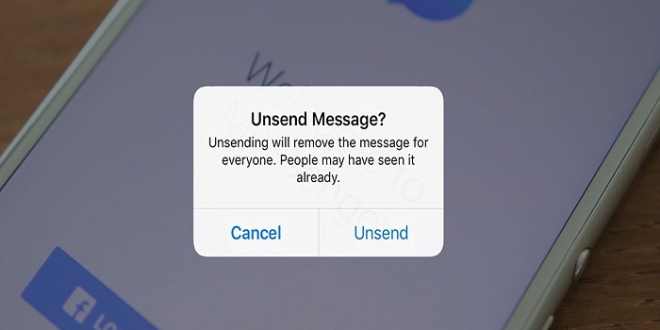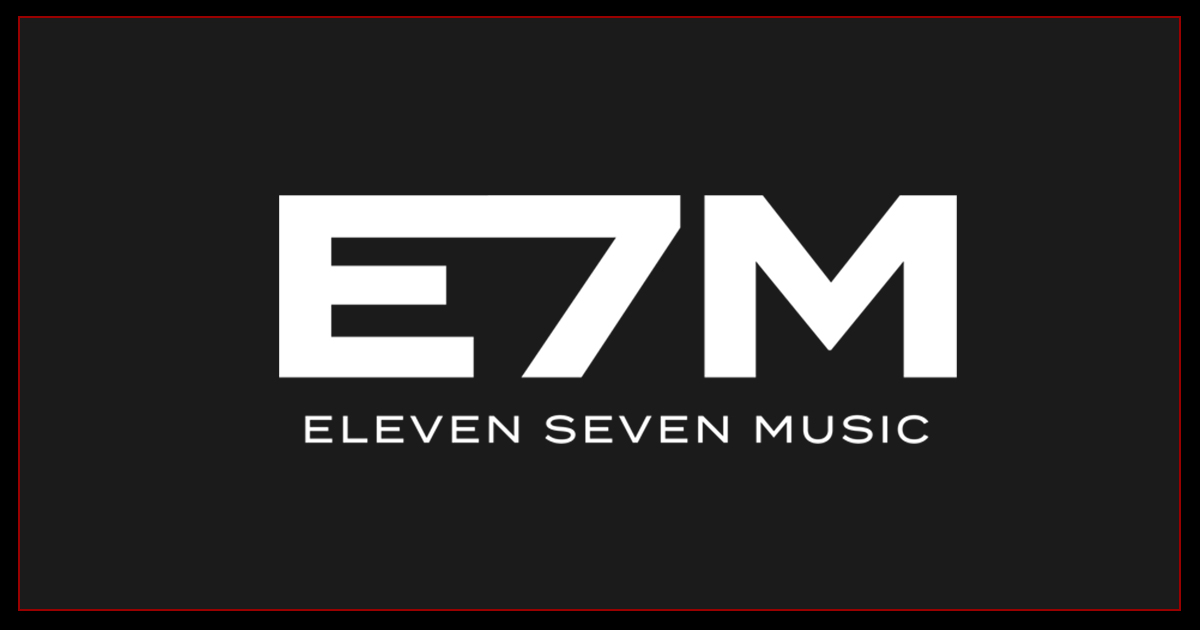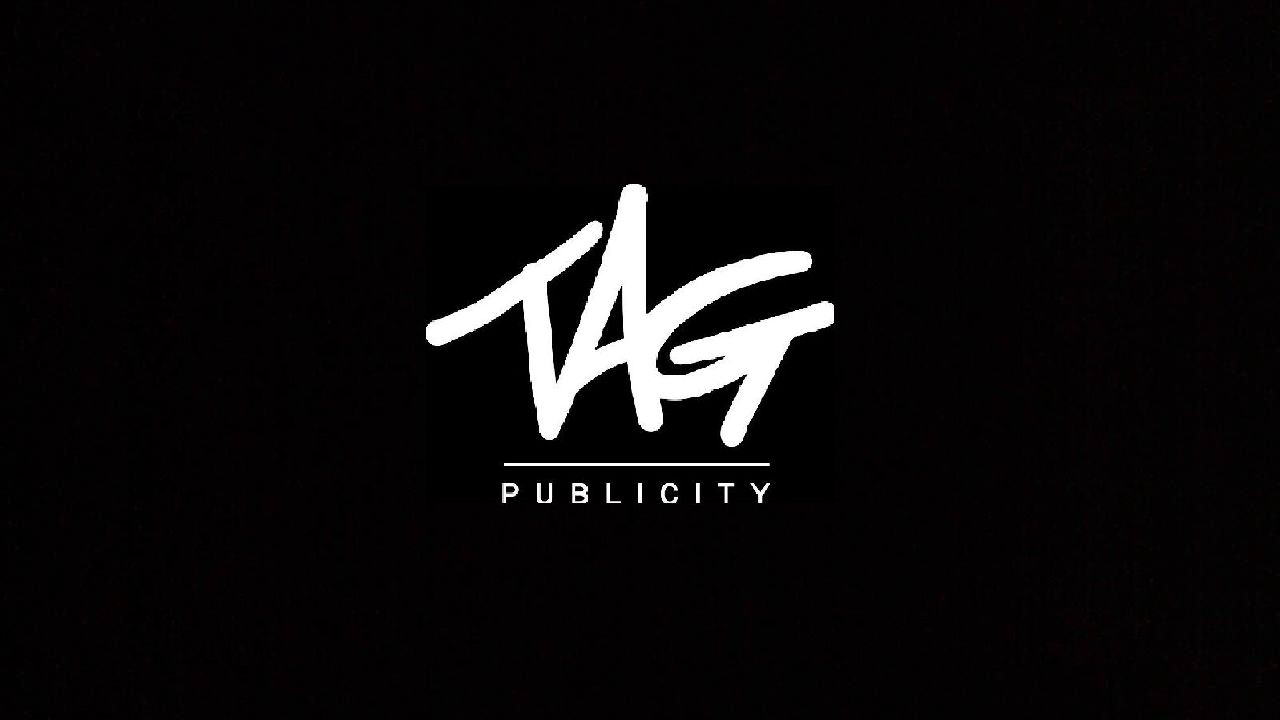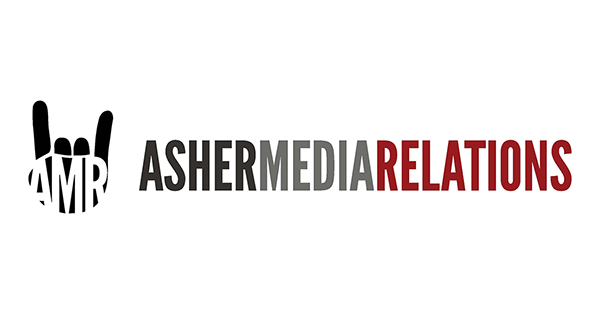WITH THE NOTABLE exceptions of Connie Britton and Kyle Chandler in Friday Night Lights, none of us are perfect, especially on messaging apps. We write missives we regret; we make typos; the autocorrect nanny state warps our intentions. Sometimes you want a mulligan. On Tuesday, Facebook made one available to Messenger users, in the form of an unsend feature it had first promised nearly a year ago.
Unsend seems like a no-brainer. Who wouldn’t want to erase the dumb and wrong things they’ve said in their lives? The many, many dumb and wrong things. And yet while Messenger isn’t the first chat platform to offer the feature, the ones that do are few and far between. As it turns out, that’s for a few very good, or at least understandable, reasons.
You’ve Ungot Mail
First, for those eager to start unsending, here’s how Messenger’s version works: If you send a message and feel that instant twinge of regret, for whatever reason, you have 10 minutes to scrub it from everyone’s view in a chat. Tap the offending message, then tap Remove, then Remove for Everyone. A pop-up will ask you if you’re absolutely certain. Tap Remove one more time if you are. Presto, down the memory hole it goes.
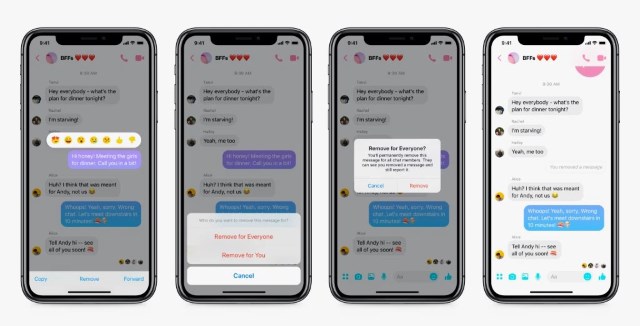
ou can also remove the message just for yourself if you want to clear away clutter; the only differences in the process are that, instead, you tap Remove for You, and there’s no time limit.
Pretty easy! Yet it took 10 months for Facebook to deliver the feature at a broad scale. And even then, Facebook only went public with plans to introduce Remove Message after it came out that CEO Mark Zuckerberg could remove his messages from other people’s inboxes at a whim.
Chalk that up less to laziness than to the difficult questions lurking just underneath so seemingly simple a feature. (Also note that Facebook apparently did not bother asking those questions when giving the power to Zuckerberg and other company executives.) “With a feature like Remove Message, we wanted to carefully balance flexibility and control with protecting our users from abuse of the feature,” says a Facebook spokesperson. It’s easy enough to envision scenarios where bullying or harassment quickly transitions to gaslighting, the offending message disappeared before the victim can grab screenshot evidence.
Three aspects of Messenger’s
Facebook has also had a chance to prove those protections out; it began trials of Remove Message back in November in Poland, Bolivia, Colombia, and Lithuania. It also owns Instagram and WhatsApp, which have allowed users to unsend messages for much longer. In fact, Instagram offers few if any of the protections Messenger does; you can remove a message from a DM any time you want, without leaving a visible trace. Which leads to even more questions, specifically about what happens when Facebook merges its three messaging platforms into one.
“I am extremely curious and wary about how those all will come together into something that maintains the integrity of these features and promises that users have come to rely on,” says Gennie Gebhart, a researcher at the digital rights group Electronic Frontier Foundation, about Messenger. If the Remove Message protections built into Messenger don’t carry over to Instagram, for instance, you could find yourself unexpectedly exposed.
Vanish vs. Delete
Concerns about user protection would be explanation enough for why every messaging app doesn’t dive head first into unsend. But there are more pedestrian reasons for its lack of ubiquity as well.
The one that stands out: Many services prefer ephemerality, in which an entire conversation deletes for both parties after a set amount of time, versus revoking individual chat contributions. Security-focused app Signal introduced disappearing conversations in 2016, with an eye not on privacy but on tidiness. “After all, if someone who receives a disappearing message really wants a record of it, they can always use another camera to take a photo of the screen before the message disappears,” wrote Signal protocol cocreator Moxie Marlinspike at the time.
Ephemerality also keeps everyone honest in a way that targeted message removal often does not. “There’s definitely a difference between ephemeral messages versus a delete feature,” says Gebhart. “An ephemeral message ideally in the UX will provide clear messages to both participants in a conversation about what is going to be deleted, and when.”
What’s more, there seems to be relatively little demand for unsend versus ephemeral messaging. Take the next generation of texting, a protocol known as rich communications services, which Google and others have backed as the heir to SMS. As it turns out, RCS already has the ability to revoke individual messages built right in, which it uses when it has to route a message sent from an RCS client to someone still living in an SMS world.
“The technical capability of actually recalling something, as you can do in Microsoft email, is there today,” says Henry Calvert, head of future networks at GSMA, the mobile operator trade group behind the RCS standard. “Whether it’s used as a UX feature at this point in time depends on the implementation of Android Messages, Samsung, et cetera. If they see that there’s
If they ever do, that would potentially unlock unsent messages for hundreds of millions of people. Seventy-four networks worldwide currently support RCS, including every major US network absent Verizon, which has already committed to it and is expected to launch sometime this month. “We let the operators and the wider ecosystem create a laundry list of features, and we work through that in the standards and specifications. We’ve heard of time-limited messages, and that’s on the list,” says Calvert. “We just haven’t seen recall on that list as of yet.”
There are also technical reasons that make it extremely unlikely that Apple, for instance, would ever allow you to unsend iMessages. “When a message is ‘delivered’ to an iMessage client, your client receives the message, tells the sender that it was received, and then all transmissions are closed,” says Michael Facemire, principal analyst at Forrester research. “For Apple to allow that to be edited, they’d have to allow the sender to update data on the recipient’s device, which is a harsh violation of how Apple views privacy and sandboxing of user data.” Apple did not respond to a request for comment.
In the meantime, the landscape remains scattered. You can delete Twitter and Slack DMs at will, for instance, but SMS, the world’s most heavily used chat protocol, has no undo options and never will. And any message that hops across platforms will invariably lose the protections of either.
Like all things messaging-related, it’s complicated, and if anything it will only continue to become more so. The best thing you can do to navigate the morass? Be more careful about what you send in the first place.
Source: Wired

